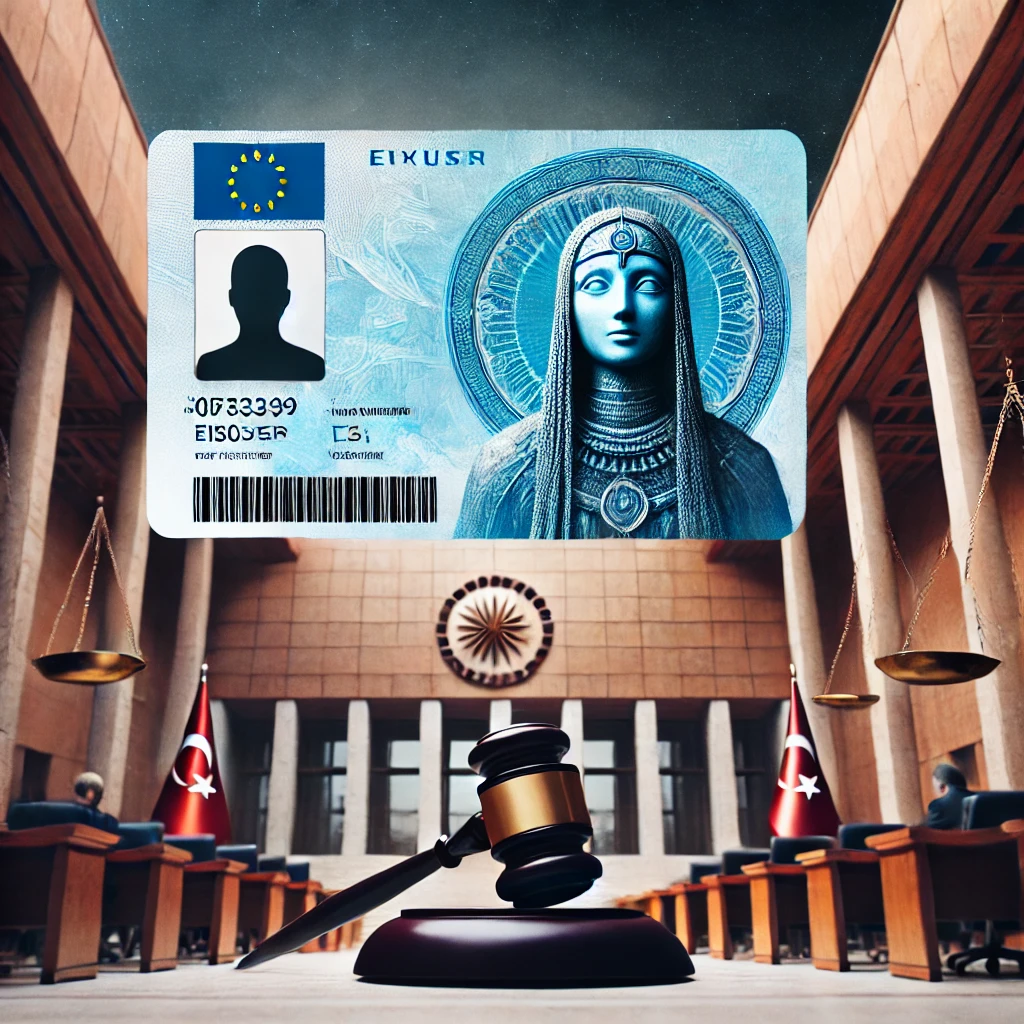Turkey’s government has once again taken a controversial step by blocking access to Instagram, a move that has drawn significant criticism from various segments of society. The action, which took place on Friday, was implemented without a clear explanation from the authorities, leaving millions of users in Turkey without access to the popular social media platform. This incident is not isolated but is part of a broader pattern of censorship and media control by the Turkish government, led by President Recep Tayyip Erdoğan and his ruling AK Party. For the past 55 years, Turkey has been governed exclusively by political Islamist parties, which have consistently used their power to suppress dissent and control public discourse.
The blocking of Instagram followed accusations from the Turkish government that the platform had removed posts related to the killing of Ismail Haniyeh, the political leader of the Palestinian militant group Hamas. Haniyeh was killed in a recent attack in Tehran, which has been widely attributed to Israel. In response to Instagram’s actions, Fahrettin Altun, the Turkish presidency’s communications director, accused the platform of censorship and claimed that it was preventing users from sharing messages of condolence for Haniyeh. However, Instagram’s parent company, Meta, has not issued any statement regarding the ban or Altun’s accusations.
The decision to block Instagram has sparked widespread outrage among Turkish citizens, including journalists, artists, and business owners who rely on the platform for their livelihoods. Many took to X (formerly Twitter) to express their frustration, pointing out that the government’s actions are part of a broader strategy to suppress free speech and control the narrative within the country. This is not the first time that the Turkish government has imposed restrictions on social media; similar actions have been taken in the past, including the ban on Wikipedia between 2017 and 2020, and restrictions on Facebook’s Threads in April of this year.
In a further display of the government’s detachment from public sentiment, Turkey declared a national day of mourning for Haniyeh, despite the fact that many citizens voiced their opposition to this decision. Social media users were quick to point out the irony, stating that they were not mourning “for a terrorist.” This sentiment highlights the growing disconnect between the ruling party and the Turkish population, many of whom feel increasingly alienated by the government’s policies and actions.
The Erdoğan administration’s pattern of ignoring constitutional rights and bypassing democratic processes has been a recurring theme in recent years. The government has frequently used its power to impose restrictions on protests and to silence dissenting voices, further eroding the principles of democracy in Turkey. The latest incident involving Instagram is just another example of how the ruling party is willing to suppress free speech and control the flow of information to maintain its grip on power.
The international community has often criticized Turkey for its human rights record, particularly regarding freedom of expression and press freedom. However, despite these criticisms, the Erdoğan government continues to enforce its policies with little regard for the consequences on civil liberties. As Turkey faces mounting internal and external pressures, the future of free speech and democracy in the country remains uncertain. The blocking of Instagram serves as a stark reminder of the ongoing struggles faced by those who seek to voice their opinions and challenge the status quo in Turkey.






